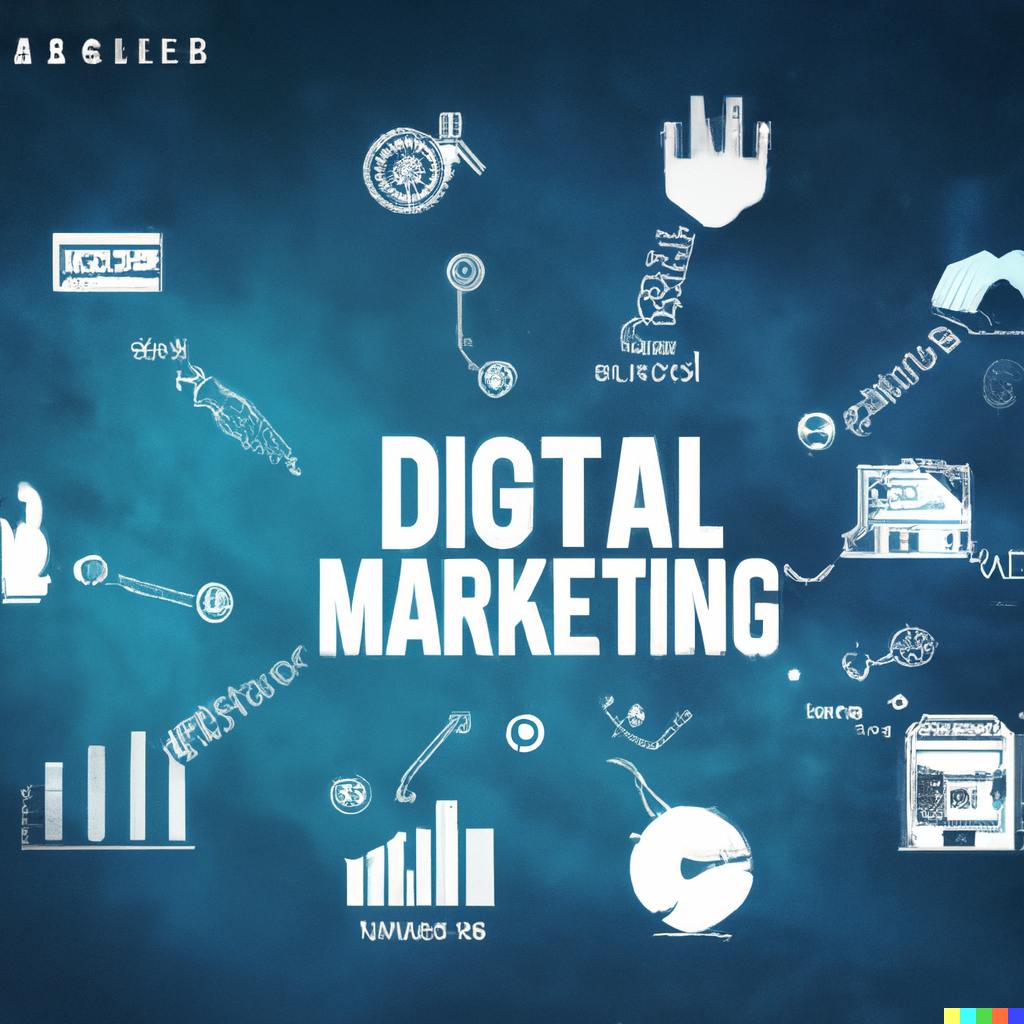July 28 | Marketing Technology

Marketing Technology, commonly referred to as MarTech, encompasses a wide range of tools and platforms used by marketers to plan, execute, and measure marketing campaigns. The integration of technology in marketing has revolutionized the way businesses interact with customers, analyze data, and optimize their strategies. This article delves into the evolution, current trends, and future prospects of MarTech, providing a comprehensive overview for marketers looking to stay ahead in this rapidly changing landscape.
The journey of MarTech began with the advent of the internet in the 1990s. Early tools were primarily focused on email marketing and rudimentary analytics. Companies like Salesforce and HubSpot emerged, offering customer relationship management (CRM) systems and marketing automation solutions that laid the groundwork for modern MarTech.
The mid-2000s saw the rise of social media platforms like Facebook, Twitter, and LinkedIn. These platforms not only provided new channels for marketing but also generated vast amounts of user data. MarTech evolved to include social media management tools and analytics platforms, enabling marketers to track engagement, measure sentiment, and target specific demographics more effectively.
In the 2010s, the proliferation of big data and advancements in artificial intelligence (AI) brought about significant changes in MarTech. Predictive analytics, machine learning algorithms, and AI-driven personalization became standard features of many MarTech tools. Marketers could now leverage vast amounts of data to predict consumer behavior, personalize content, and automate complex workflows.
CDPs have become a cornerstone of modern MarTech stacks. These platforms unify customer data from various sources, creating a single, comprehensive view of each customer. This holistic approach allows for more personalized and targeted marketing efforts, enhancing customer experience and increasing conversion rates.
Marketing automation tools have evolved to handle more sophisticated tasks, from automated email campaigns to advanced lead nurturing sequences. These tools enable marketers to streamline their efforts, reduce manual work, and focus on strategy and creativity.
AI and machine learning continue to play a pivotal role in MarTech. Predictive analytics, natural language processing (NLP), and chatbots are just a few examples of how AI is being utilized to improve marketing efficiency and effectiveness. These technologies allow for real-time data analysis, personalized recommendations, and enhanced customer interactions.
Content remains king, and content marketing platforms have become essential tools for marketers. These platforms help in planning, creating, distributing, and measuring content across various channels. Advanced analytics provide insights into content performance, helping marketers refine their strategies and maximize ROI.
The future of MarTech lies in even greater personalization. Advances in AI and data analytics will enable hyper-personalized marketing, where content, offers, and interactions are tailored to individual preferences and behaviors in real time. This level of personalization will drive higher engagement and conversion rates.
As the MarTech landscape continues to expand, the need for seamless integration between different tools and platforms will become more critical. Marketers will demand interoperable solutions that allow for smooth data flow and unified insights, reducing silos and enhancing decision-making.
With increasing concerns over data privacy and security, MarTech solutions will need to prioritize compliance with regulations like GDPR and CCPA. Marketers will need to balance personalization with privacy, ensuring that customer data is protected and used ethically.
Voice and visual search technologies are gaining traction, driven by the popularity of smart speakers and visual search engines. MarTech tools will need to adapt to these new search paradigms, optimizing content for voice queries and visual searches to maintain visibility and relevance.
Blockchain technology holds the potential to revolutionize MarTech by enhancing transparency and trust. It can provide secure and verifiable data transactions, improve ad targeting accuracy, and reduce fraud in digital advertising.
The MarTech landscape is dynamic and ever-evolving, driven by technological advancements and changing consumer behaviors. For marketers, staying ahead of the curve requires a deep understanding of current trends and a readiness to embrace new technologies. By leveraging the power of MarTech, businesses can create more effective marketing strategies, deliver exceptional customer experiences, and achieve sustainable growth.
Whether you're a seasoned marketer or new to the field, understanding the evolution and future of MarTech is essential for navigating the complexities of modern marketing. Embrace the opportunities that MarTech offers, and prepare for a future where technology and marketing are inextricably linked.
SHARE THIS:
© Copyright 2026Global Tech AwardsAll Rights Reserved